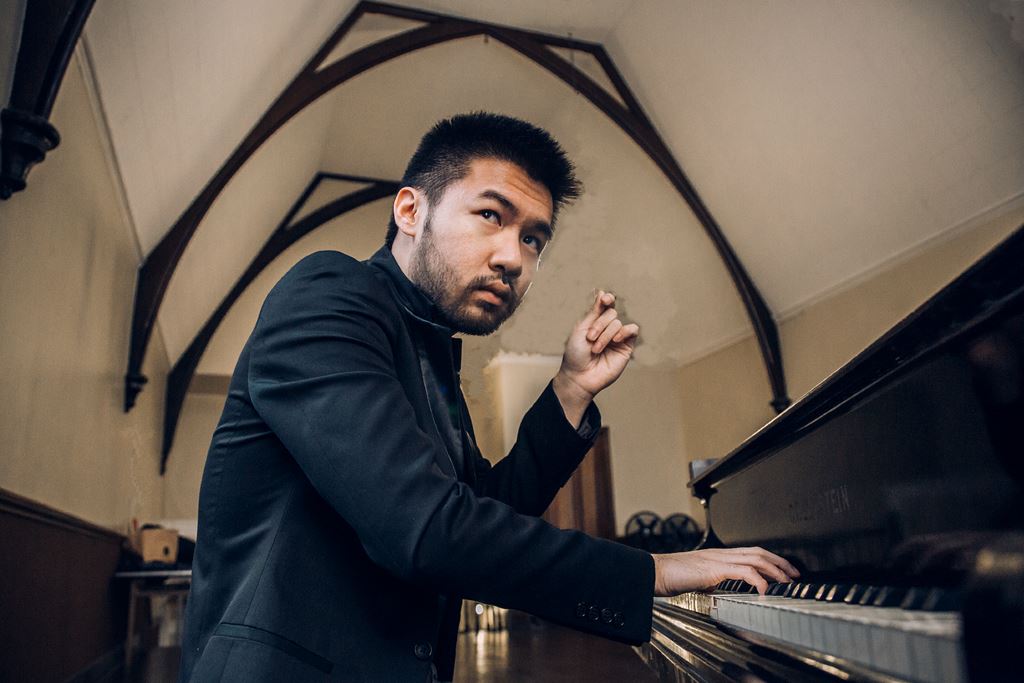
by Stephen Kaye
Jan Lisiecki, a Canadian pianist with a Polish background, has had a robust European career that preceded his U.S. tour which culminated in a debut recital at Carnegie Hall last Wednesday, March 13. His artful and demanding program delivered contrasting Preludes. In the first half he played 16 preludes: beginning with Chopin (2) then Bach (2), Rachmaninoff (1), Szymanowski (3), Messiaen (2), and Górecki (1). This litany of stunning preludes was played with but the smallest pause between pieces; some contrasted, some blended. Rachmaninoff’s was easily identified and was Messian.

Most startling is his youth (he is 28); his authority over his own playing; he seems in total control of himself. In the second half he played all 24 Chopin Preludes in order. The first few were dryly perfect; then the level of passion slowly increased, as did the pace, culminating in a super-fast flurry of notes and then a sudden shift back to stateliness. Lisiecki has been playing with orchestras all over Europe interspersed with recitals. He has made something like eight recordings with Deutsche Gramophone. It seems that Carnegie has more pianists who can fill the main hall than ever in recent memory.
The second pianist played the next day with the New York Philharmonic in the new Gessen Hall of Lincoln Center. I chose that concert to hear Conrad Tao (he is 29) play classical, something I had not heard him do. Previous concerts at Weil (Carnegie’s recital hall), Miller Theater at Columbia, and recently at the Howland Center in Beacon showed Conrad Tao as a champion of modern composers, including his own compositions. How would he handle playing with an orchestra? He played it straight. Modest, deferential, and kind seemed to be his traits. He played it without imposing. The cadenza, however, was his own and clearly not Mozart. But it, too, was modest, tonal and kind—consistent with the concerto.

For encore, he gave us his rendition of “Over the Rainbow”as a jazz subject, a joyful exit subject. Conrad Tao has acquired a reputation as an innovator, as a bridge between the far-out and the traditional. He makes his sonorous pitch and the audience buys it; he makes even the most abstract and dissonant sounds acceptable. As man of many colors, he has attracted a loyal following.